Balance
Analytical balances are a special type of balances that offer very accurate measurements, due to the fact that they have a system capable of measuring the smallest differences in mass. They are manufactured inside a transparent box provided with doors to isolate it from certain factors that may affect its operation. Therefore, due to the need for extreme precision of the measurements made, they must be kept in specific rooms for their handling, with controlled environmental conditions.
An analytical balance is commonly used to determine the mass of an object, it provides a high degree of accuracy in the order of 0.001 grams. For its correct operation, the analytical balance must be positioned under a specific environment and have controlled environmental conditions so that it does not suffer alteration in the absolute value of the weighing.
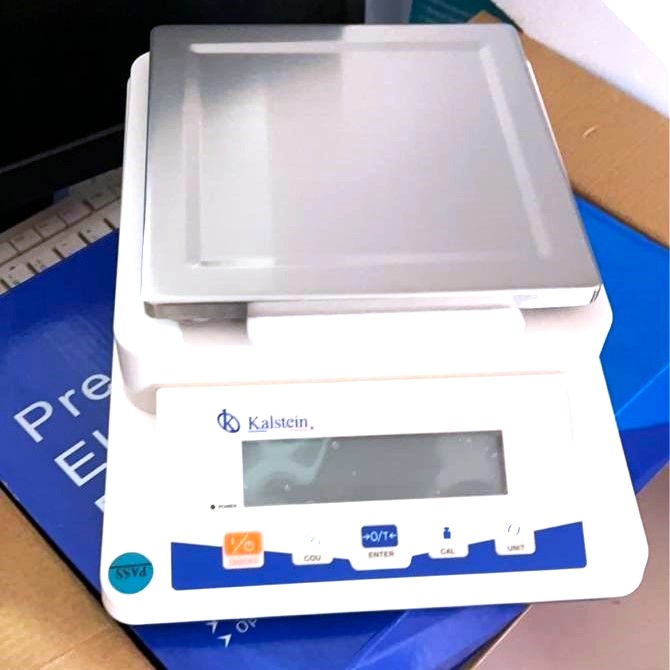
Types of Balances that a Laboratory may need

Precision Balance
Precision refers to the number of decimal places used to express what is measured, while accuracy indicates the degree of approximation between the measured value and the actual value to be measured. On the other hand, if we refer to a series of measurements, precision is the degree of clustering or repeatability of the measured values or dispersion of the results, while accuracy represents the degree of approximation between the mean of the measured values and the true value.
Precision refers to the number of decimal places used to express what is measured, while accuracy indicates the degree of approximation between the measured value and the true value to be measured. On the other hand, if we refer to a series of measurements, precision is the degree of clustering or repeatability of the measured values or dispersion of the results, while accuracy represents the degree of approximation between the mean of the measured values and the true value.
Industrial Scale
Mass is one of the quantities that needs to be evaluated in the laboratory, either to prepare reagent solutions, specimens or samples for a given analysis, with the accuracy and precision required for the quality of the study to be performed.
Mass is defined as the amount of matter in a body. The unit of the International System of Measurement (SI), fundamental to measure mass is the Kilogram (Kg), however in chemistry the gram (g) is used, since it is a smaller unit and at the same time more convenient in chemical studies.
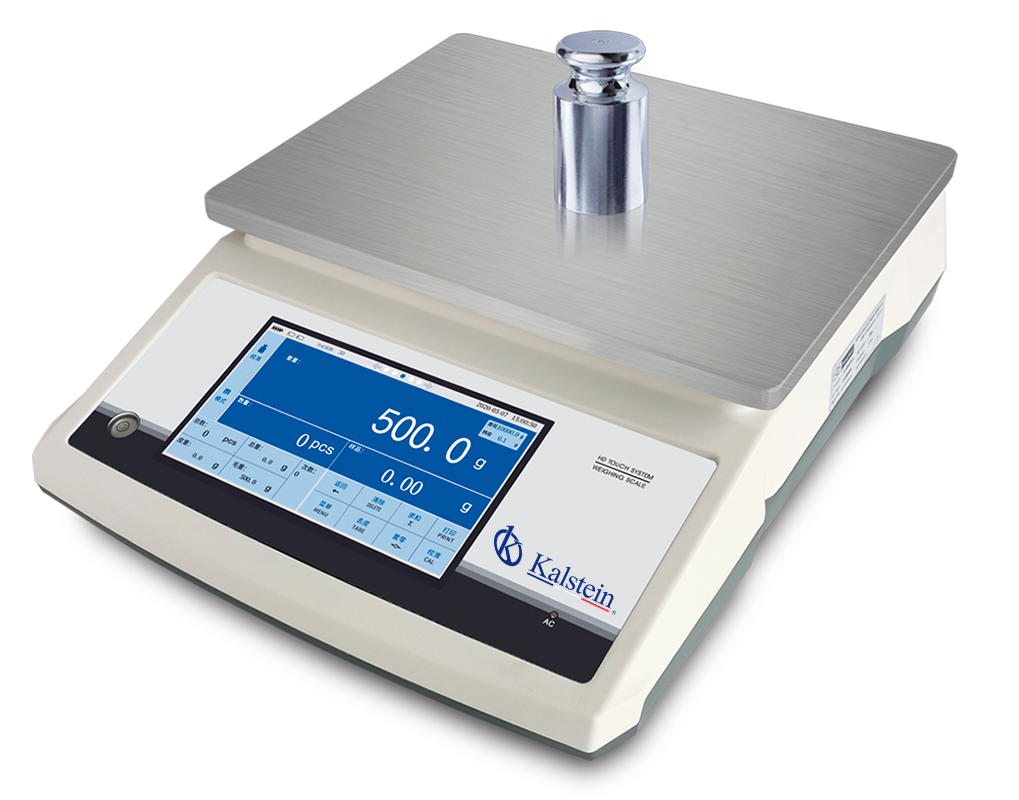
In Kalstein you can find the ideal Balances for your Laboratory
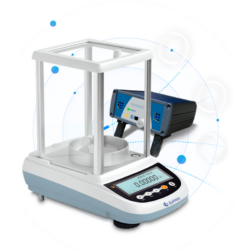
Semi-micro Analytical Balance YR05562 // YR05567
- Recipe database: 99 datas can be stored
- Automatic internal calibration
- Tare/counting/percentage test/animal...
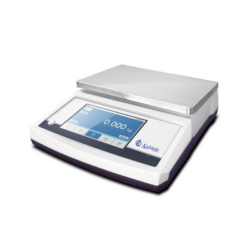
Multifunction Weighing Scale YR05620 // YR05622
- Large range and high precision
- Large size stainless steel pan
- AC and DC power supply...

Internal Calibration Analytical Balance YR05578 – YR05579
- Internai auto calibration(FA-EN)
- Electromagnetic force sensor
- LCD(White back light with black font)...

Analytical Balance YR05779 // YR05781
- Tare function/Counting
- Overload alarm/Level indicator
- Option:Under weighing/Printer...
Our Best Selling Laboratory Balance

Analysis of the best Balances for your Laboratory

What are the parts of the pediatric balance?
Baby scales are equipment that are typically used by pediatric professionals and also parents at home, and are designed to weigh...
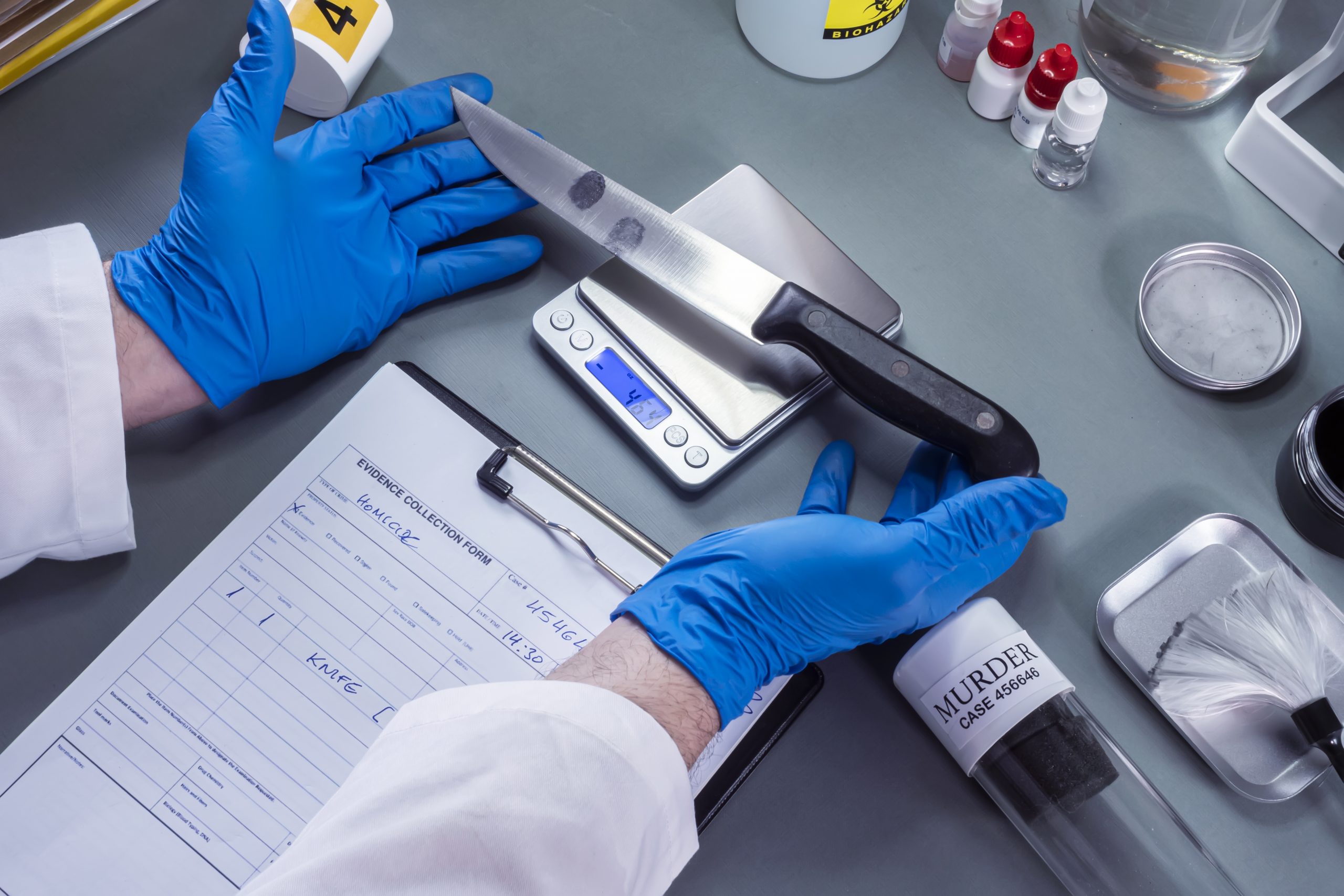
Precise Weighing in the Laboratory using Balances
Precise weighing it is one of the most fundamental aspects in chemical, biological and research laboratories. An object’s mass...

Why calíbrate analytical balances?
Balances are laboratory equipment that require periodic maintenance to keep them in the best operating conditions. All this in order to...

Precise Weighing in the Laboratory using Balances
Precise weighing it is one of the most fundamental aspects in chemical, biological and research laboratories. An object’s mass...
Catalog of models of Balances on offer
Guides for you to become an expert in Balances
What are the types of Laboratory Balances?
Laboratory balances are instruments that allow determining the weight of a body, that is, they are responsible for measuring the mass of a...
Laboratory Balances and their application?
The laboratory scales, developed in 1750 by the Scottish chemist Joseph Black, were more accurate than other scales of that time and...
Types of Balances in the Laboratory?
The most common types of laboratory balances and scales are ultramicrobalances, microbalances, semi-microbalances, analytical...
The use of the Analytical Balance to develop vaccines against Covid-19
The health event that has marked the population globally has undoubtedly been the COVID-19 pandemic, and the virus that has caused it, SARS-Cov-2 and its variants...
Videos of Balances in Operation
In this section you will be able to find our scales in operation, packed, receiving service, etc.
Operating Balances
These instruments are characterized by providing an accurate weighing, so they are used in industries and clinical laboratories, where a highly accurate weighing is required, so they must always be in the most optimal conditions to ensure its function; the variety of applications that have the scales requires that staff perform proper maintenance and care.
There are different types of balances, however, although they have different characteristics and uses, there are certain conditions of use to operate the equipment, care and general maintenance, which are applied to all balances; it is important that the operator follows the manufacturer's instructions, in order to maintain the quality of the equipment and extend its life and use.
.

Frequently Asked Questions about Balances
How to know the prices of the Balances?
To know the price of the Balances we invite you to send us an email with your request through the contact form.
What are the delivery times of the Balances?
- If the equipment of your interest is in stock or if it must be manufactured.
- The type of freight you have chosen, this may be; air or sea.
- Equipment in stock:
- Equipment not in stock:
How to make a purchase of the Balances?
- By email: [email protected]
- By telephone: +33 (0) 1 78 95 87 02
- E-commerce: Via Kalstein's official website in your country.
How does the warranty work?
All Kalstein equipment has a 1-year warranty against manufacturing defects. The warranty does not cover damage caused by improper installation or operation by the user, transport defects or by uses other than those specified by the manufacturer. The warranty does not cover electrical parts or consumables. For more information, visit our "Terms and Conditions" by clicking HERE
At Kalstein, we provide our customers with advice and technical support through new online methods. You can visit our induction videos, technical support and advice provided by a Kalstein team via our Youtube channel (Kalstein English). HERE
Can I request a quote online?
Of course, you can request a quote for the Kalstein team of your interest, directly from our official website. Once you've identified the model of your choice, click HERE
